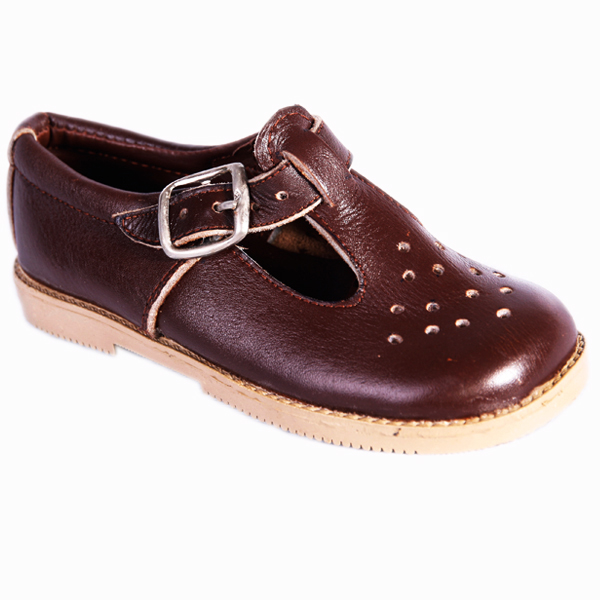A lot of Nigerians growing up in the 70’s through 90’s and early millennium might have been opportuned to rock this brand of shoes.
Several many who grew up within the specified time frame know this particular shoe is both your school wear and your church ‘sandals’. However, we doubt you know these facts about BATA which has padded the feet of several many Nigerians.
7 Interesting Things You Never Knew About BATA Nigeria Limited
1. In 1980, Bata produced 10.4 million pairs of shoes, 8.3 million in 1981, 8.6 million in 1982, 7.7 million in 1983 and 5.1 million in 1984. For the year 1985, production was estimated for four million pairs.
2. Turnover and profits were quite impressive: for 1980, the turnover was N39.65 million with a N1.71 million profit (December 1985 values), 1981 turnover was N32.54 million and a loss of N2.45 million, this loss was said to be caused by those who engaged in massive smuggling of footwear into Nigeria. In 1982, Bata managed to bounce back with a marginal profit of N523,000 and in 1983, with a turnover of N38.26 million and a profit of N3.76 million. In 1984, there was a turnover of N41.53 million with a profit of N5.80 million. The increase in price was linked mainly to the rate of price increase on Bata shoes. Nigerians then said they also appreciated the fact that as the price increased, the quality of the shoes also improved. According to Rotimi Mabude, an engineer, he was patronizing Bata because the company was responding to consumers’ taste by making shoes with excellent quality. A businesswoman named Sekinatu said she was into Bata shoes for her children too because the quality had improved.
3. As at 1985, Bata Nigeria Limited controlled 20% of the shoe market in Nigeria.
4. Bata started operation in Nigeria in 1932 as a trading company with just one shop in Nigeria. It was then called British Bata Shoe Company Limited. Later, the government came up with the Nigerianization policy which eventually meant the company would become 60% Nigerian and 40% British.
5. In 1985, A. O. Dumbili, the company secretary, said Bata was operating 114 retail outlets in Nigeria and employed 1,650 people.
6. Even as at then, Bata was importing most of its raw materials. Why? The company said it had to depend on imported raw materials because there was no petrochemical industry (the Ibrahim Babangida regime would later construct Nigeria’s only petrochemical company at Eleme).
In order to fix the above-mentioned problem and boost local supply of some of its raw materials, Bata decided to invest in some textile mills to produce raw materials for canvas shoes while importing 25% of the raw materials for the canvas shoes but had plans that by 1990, just 10% would be imported.
7. If Bata Nigeria Limited was sustained and maintained, it might have very well become one of the biggest shoe-manufacturing companies in the world today but sadly, the story took another route (our leather industry died and Bata Nigeria Limited, amongst other factors, died with it), like many other Nigerian companies. Nigerians need to focus on and expand the manufacturing and industrial sector if we are make any tangible advance. Can we do it? Yes, we can.
Culled from ABIYAMO

